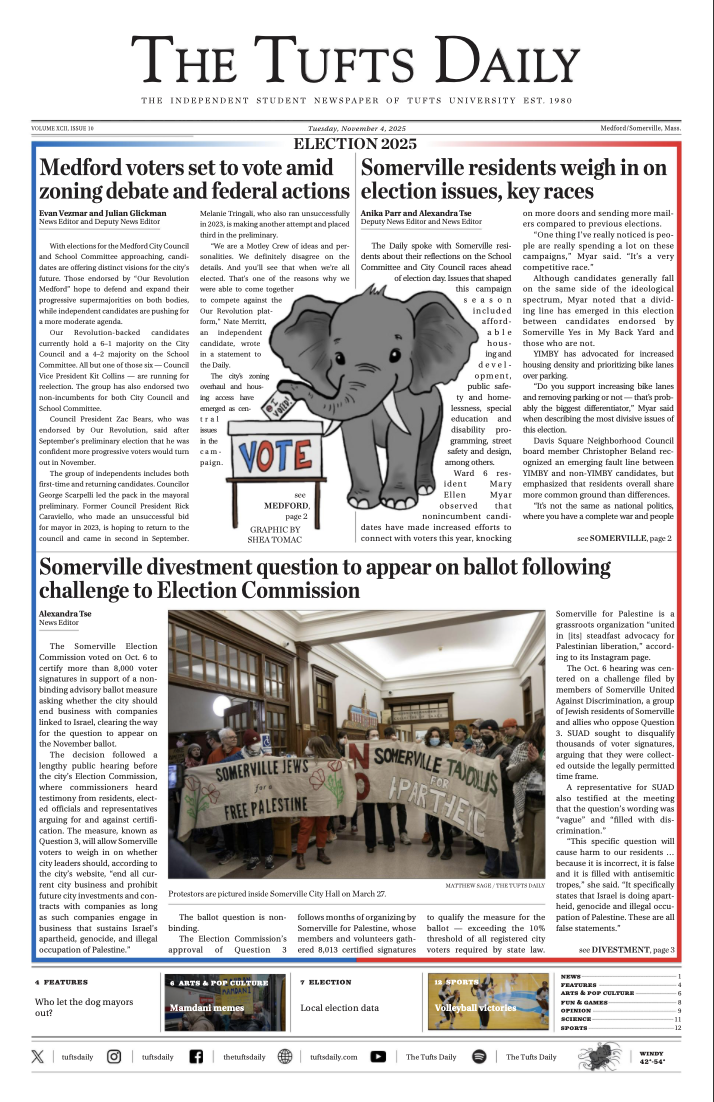For all the drama and excitement that has surrounded this year-and-a-half-long extravaganza of a presidential race, most of it remained in the American political system's "comfort zone" — that is, for the most part, we were still dealing with a recognizable, normal American national election.
Of course, like any juicy political episode, there were shocks, twists and turns: the Republican intra-party dispute that pitted no fewer than five segments of the party against each other in a battle royale for the nomination; the epic, marathon-level test of endurance between Hillary Clinton and Barack Obama for their party's nod in a contest which came down to a mere handful of votes out of 36 million cast; and the meteoric rise of Sarah Palin to national prominence and punchline. While unique and fascinating, these types of events can happen in any standard American election.
The two truly standout, unprecedented developments that the 2008 election brought us are the nomination and then election of the first black president in American history (which you can now celebrate by buying crappy plastic plates from late-night infomercials) and the success of his online small-donor army of contributors, which will fundamentally alter the way campaigns are run and funded from now on. Those are the two lasting, permanent changes to the American political landscape post-2008.
However — and I hope I'm not getting too bogged down in details here — even these developments aren't revolutionary, change-the-way-America-operates type earthquakes. We didn't have a third-party candidate suddenly win the presidency. We didn't abolish the Electoral College. We didn't have one candidate claim authority over the states that voted for him or incite riots in the street against his opponent. The two "big deals" I mentioned above are real modifications of the existing system but not a complete overhaul.
Four years from now, the Republicans and the Democrats will face off again, and no matter who runs against whom or how popular the Obama administration is, each party will probably get at least 45 percent of the vote.
All of this is a long way of pointing out that we are not in Bizarro World, politically speaking. The basic laws of political physics still apply.
Where we're truly in uncharted, Lewis-and-Clark, "here be dragons" territory is with governance. Nobody really knows what on earth the Obama administration will do or how it will perform. Part of this is because no Democrat has had a majority of the popular vote and majorities in Congress since LBJ in 1964, and prior to him, FDR in 1932. Nobody knows what a truly unfettered Democratic administration looks like because the last time Democrats had a truly free hand in Washington, some new band from England called the Beatles was making a name for itself.
Yes, we've all heard the plans and promises on the campaign trail. But no policy plan survives first contact with Congress (you try coming up with a policy that 535 people — all of whom have their own ideas, quirks and constituencies — agree on), public opinion (Bill Clinton's early defeat on removing the ban on homosexuals in the military was a sharp lesson for him) and random events.
This will be the first time in over 40 years that the modern Democratic Party will have a chance to show the country what it can do. Obama, his decisions and his successes and failures may very well have an effect on this country far beyond the next four to eight years.
After three semesters, this will be my final column. Thanks for reading — I hope you've enjoyed reading it as much as I've enjoyed writing it.
--
Michael Sherry is a senior majoring in political science. He can be reached at Michael.Sherry@tufts.edu.





